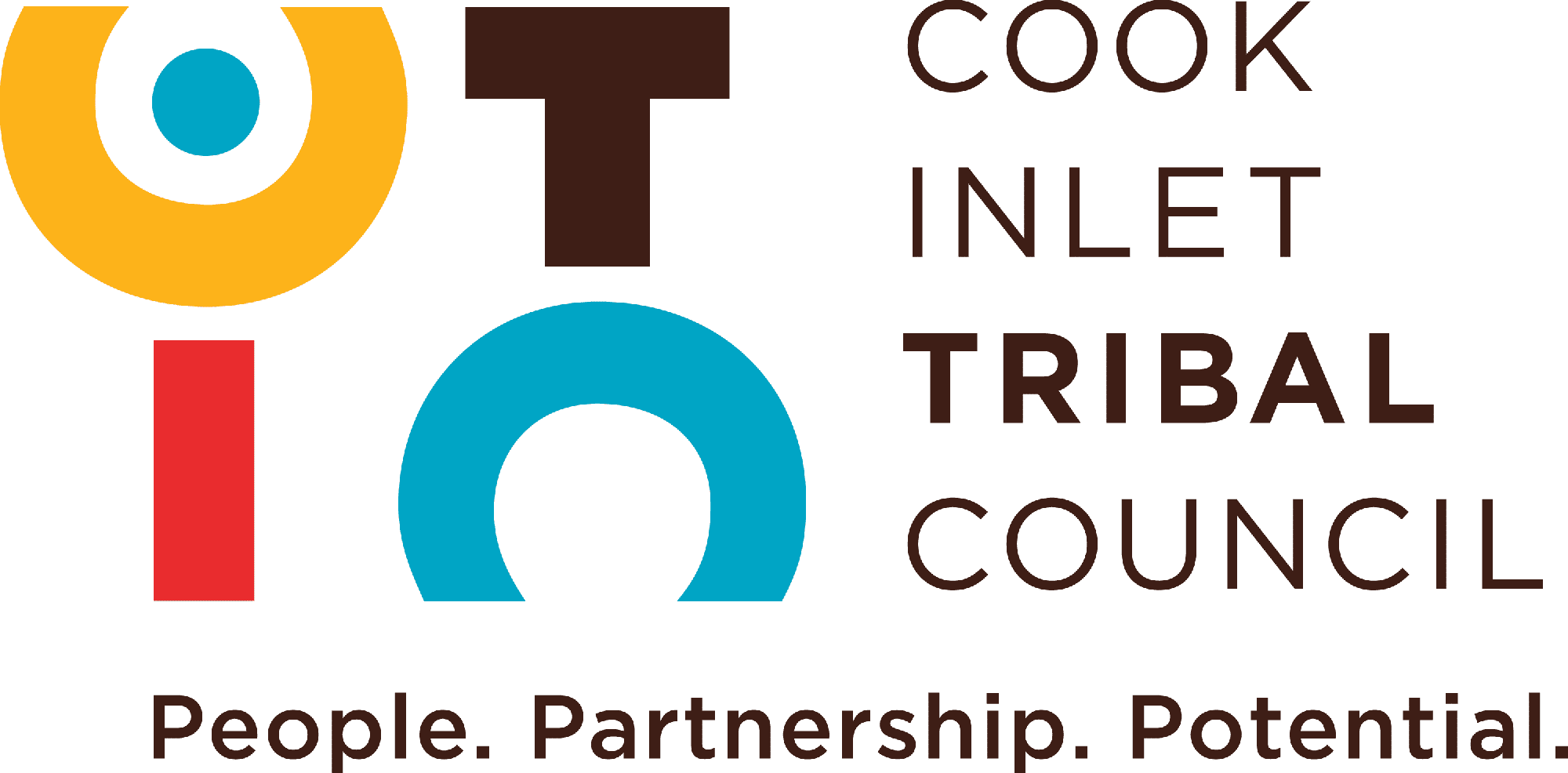09 Aug An Advocate for Herself
Maggie Fairbanks’s motivation to change was the catalyst that inspired others to help her
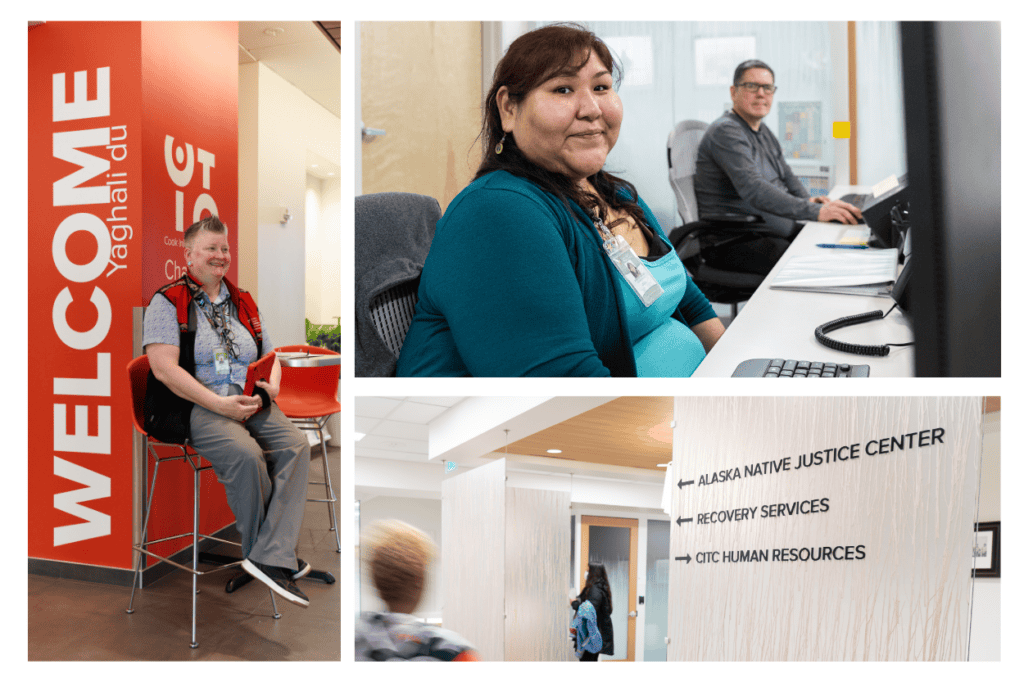
When a parole officer bothers to call a judge regarding a convicted individual’s sentencing, it’s usually to request that the person receive a longer sentence. But when Maggie Fairbanks’s parole officer placed a call to the judge who would hand down her sentence, the request was for Maggie to be given a lighter punishment.
Thanks to that call, Maggie ended up serving only three months of what was originally intended to be a five-year sentence.
This was a woman who, by her own admission, had spent her life dodging accountability.
“Every time I got out [of jail], I was immediately on the run. I would never check in. I would never report to a P.O. [parole officer],” Maggie described. “Half the time, I would just cut my ankle monitor off.”
So why would a P.O. advocate so fiercely for someone with a history of re-offending and breaking her parole?
“Because I was willing to help myself, other people were willing to help me,” Maggie shared.

First Steps
“I was tired of running,” Maggie went on to explain. “I had a very long addiction with crack, and ever since I was 18, I have been in and out of jail for a lot of things. My criminal history is, like, I got a little bit of everything in there, and it’s pretty extensive. Every time I got bailed out, I would catch another felony, and I would go back. About the fourth bail, I started thinking I should go to treatment. I was ready.”
While in prison, Maggie called her P.O, whom she refers to as “Ms. Jones,” and apologized for all the times she’d skipped check-ins. She told Ms. Jones about the classes she was taking while serving her time. Soon, Ms. Jones was helping Maggie get an assessment to obtain treatment for her addiction.
Maggie graduated from treatment while still inside prison. Soon, she was released on house arrest, thanks to letters of support written by Ms. Jones, Maggie’s treatment counselors, and Kuuipo Miramontes, the manager for CITC’s adult restorative justice program. At that time, Kuuipo was working with CITC’s affiliate organization, the Alaska Native Justice Center (ANJC).
Prior to imprisonment, Maggie had heard about CITC. It was one of her first stops upon getting out of jail: In addition to receiving bus passes for transportation and gift cards for work clothes, CITC provided her with one-time assistance purchases like household items and toiletries to help her get back on her feet, post-release.
Willing to Put in the Work
Meanwhile, Maggie was still working hard on her recovery. Although she’d completed Moral Reconation Therapy (MRT) in prison, she started the program a second time through ANJC. MRT is a type of behavioral therapy that’s aimed at decreasing the likelihood of someone returning to abusing substances or alcohol. (While offered through ANJC at the time, MRT is now conducted by Recovery and Reentry staff at CITC.)
“I kind of dreaded it at first—another six months of MRT! But it was one of the best things I did as part of my journey,” Maggie admitted. “Kuuipo kept me inspired; she kept me coming back and worked with me on everything I was trying to do.”
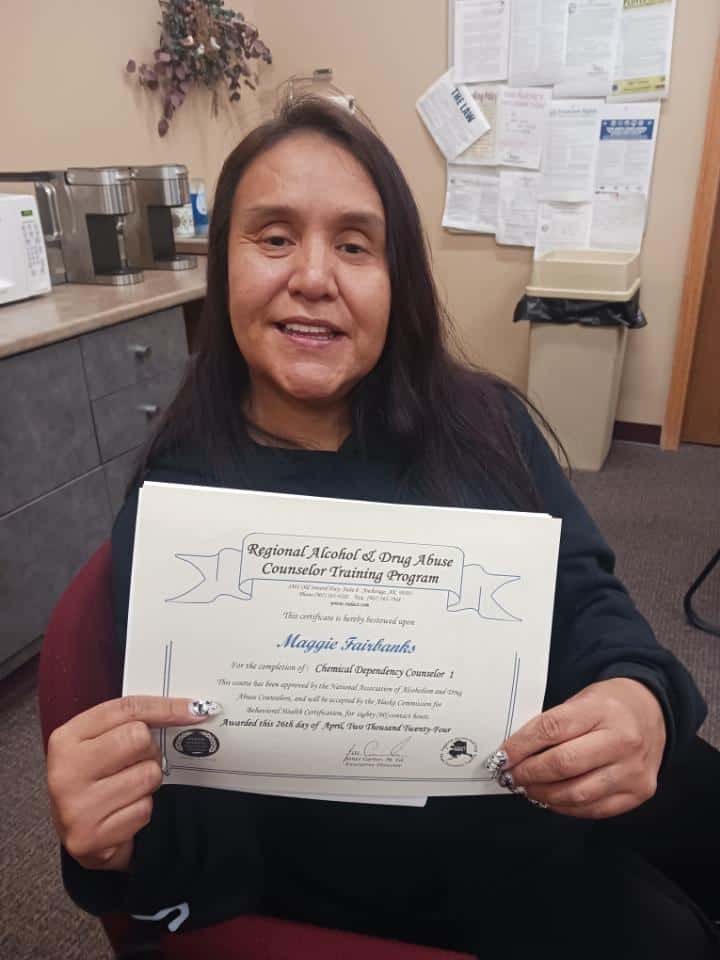
Maggie successfully graduated from MRT, though she couldn’t attend her graduation because she was required to finish her sentence in prison during the ceremony. Kuuipo made it a point to bring Maggie her certificate.
“When I see people who are really putting effort into working on things—especially when Maggie had to go back to jail—I want to give them that chance, see them be successful,” Kuuipo said.
Maggie was able to gain training and secure employment thanks not only to her own motivation, but to support from CITC and ANJC. Case workers at ANJC first helped Maggie obtain a variance, which would allow her to seek employment despite her criminal conviction.
Paying it Forward
Kuuipo wasn’t the only one who noticed how Maggie was progressing. Drea Whiteside-Ferrell, a Navigation Specialist in CITC’s Welcome Center, had a front row seat to Maggie’s engagement with CITC programs.
“Maggie is a wonderful advocate for herself and incredibly motivated to achieve her dreams and be a catalyst for change,” Drea said.
Drea connected Maggie with CITC’s employment programs. Through the Supported Work Experience program, Maggie got her foot in the door with the House of Transformation, where she began working as a case manager. At the same time, she pursued her Peer Support training so that she could eventually serve people who shared her experience of seeking recovery from addiction.
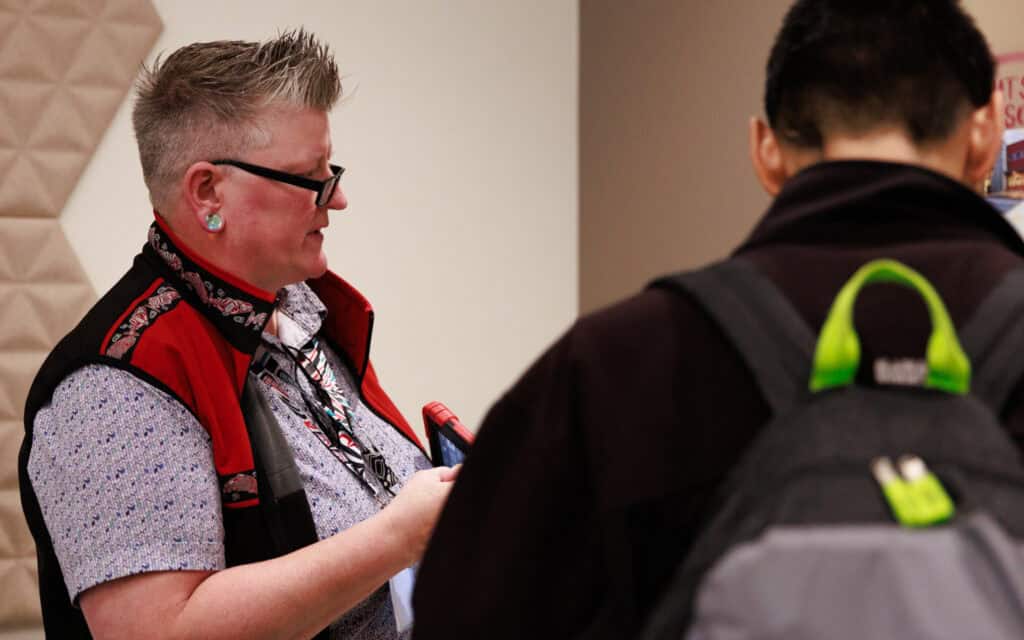
Soon, she earned her Counselor Technician I certificate and built on her experience as a case manager with a position at Genesis Recovery, where she landed a behavioral health technician position. Now, she’s in a position to help others who are in the same situations she once was.
A New Perspective
Maggie’s drive and persistence in pursuing a new life naturally inspired others to invest their energy into helping her achieve her goals. She’s become an example of what a person can do when they decide to make real change. This year, Kuuipo invited Maggie back to MRT—this time, not as a participant, but as a speaker.
“In my addiction, I never saw myself doing anything else,” Maggie said. “I never dreamed I would be here today with a Chemical Dependency Counselor I certification, working in a treatment center—or even just having a driver’s license. Prior to all of this, I was driving stolen vehicles without a license; this is my first license in 40 years.
“I would have never seen myself doing what I’m doing today,” she went on. “But I found my purpose, and I’ve been running with it, ever since.”
Are you finding your way after incarceration? Are looking for support on your recovery journey? Reach out to CITC Recovery and Reentry services at (907) 793-3200 or rs@citci.org.
For addiction help, you can also call or text our Peer Support Helpline at (907) 793-3646; a peer will respond within 24 hours.
